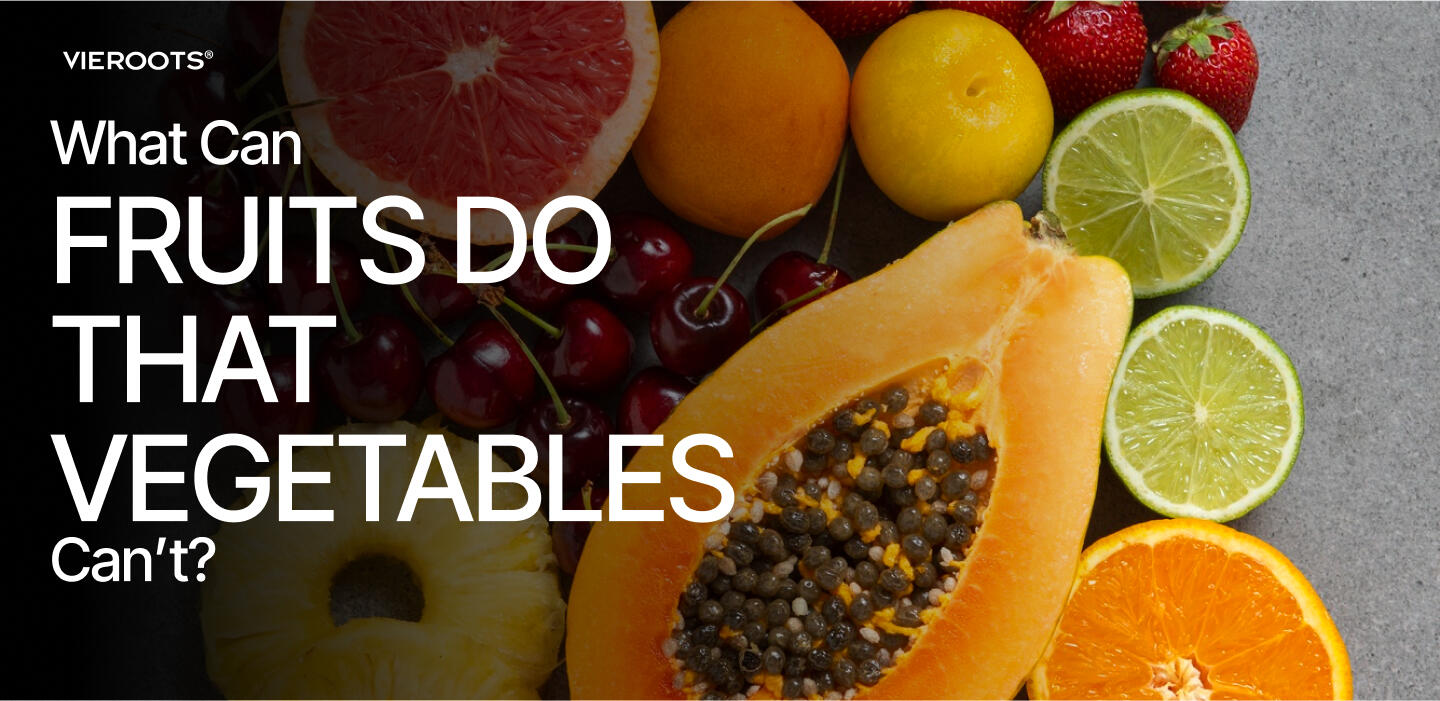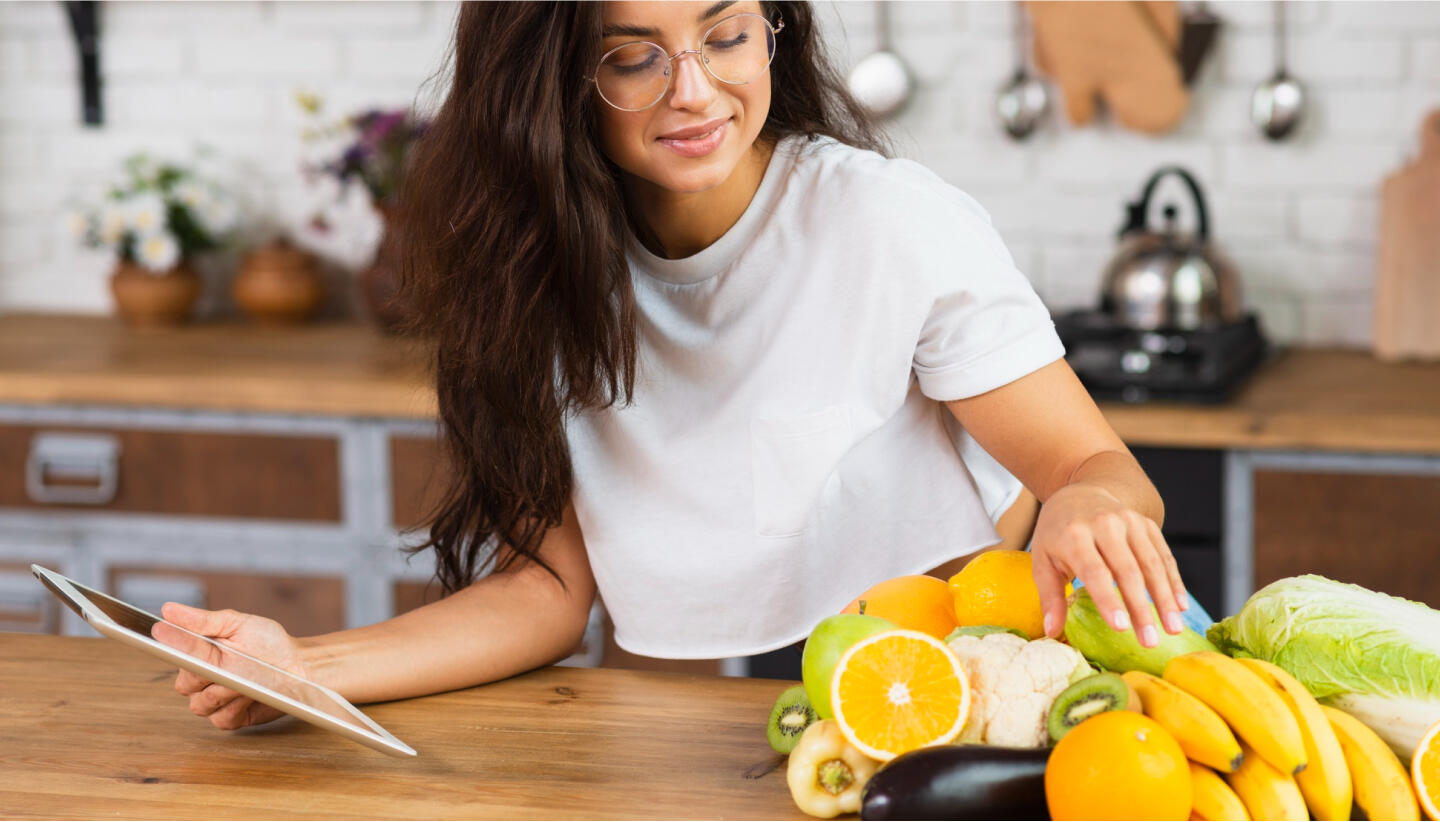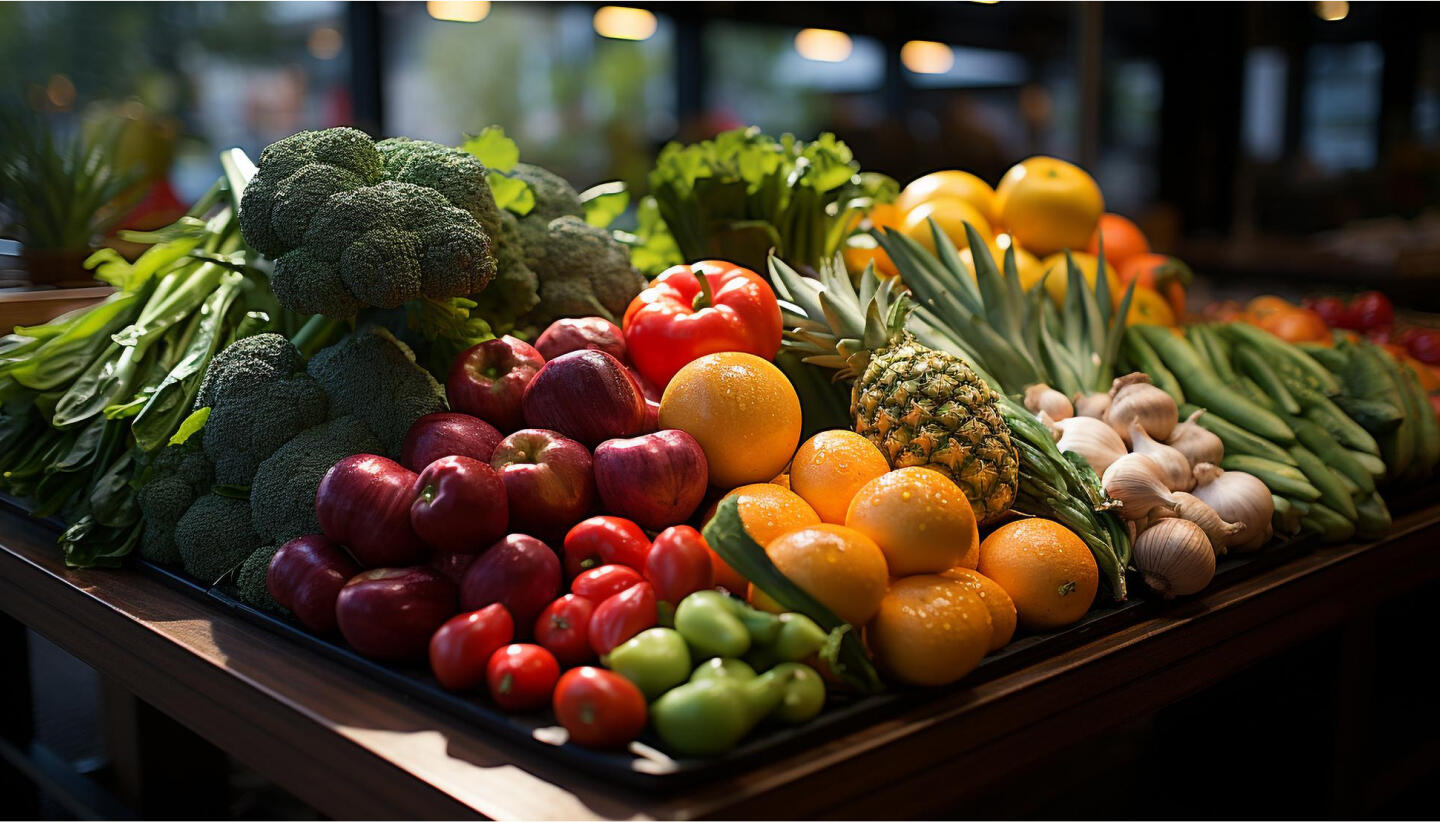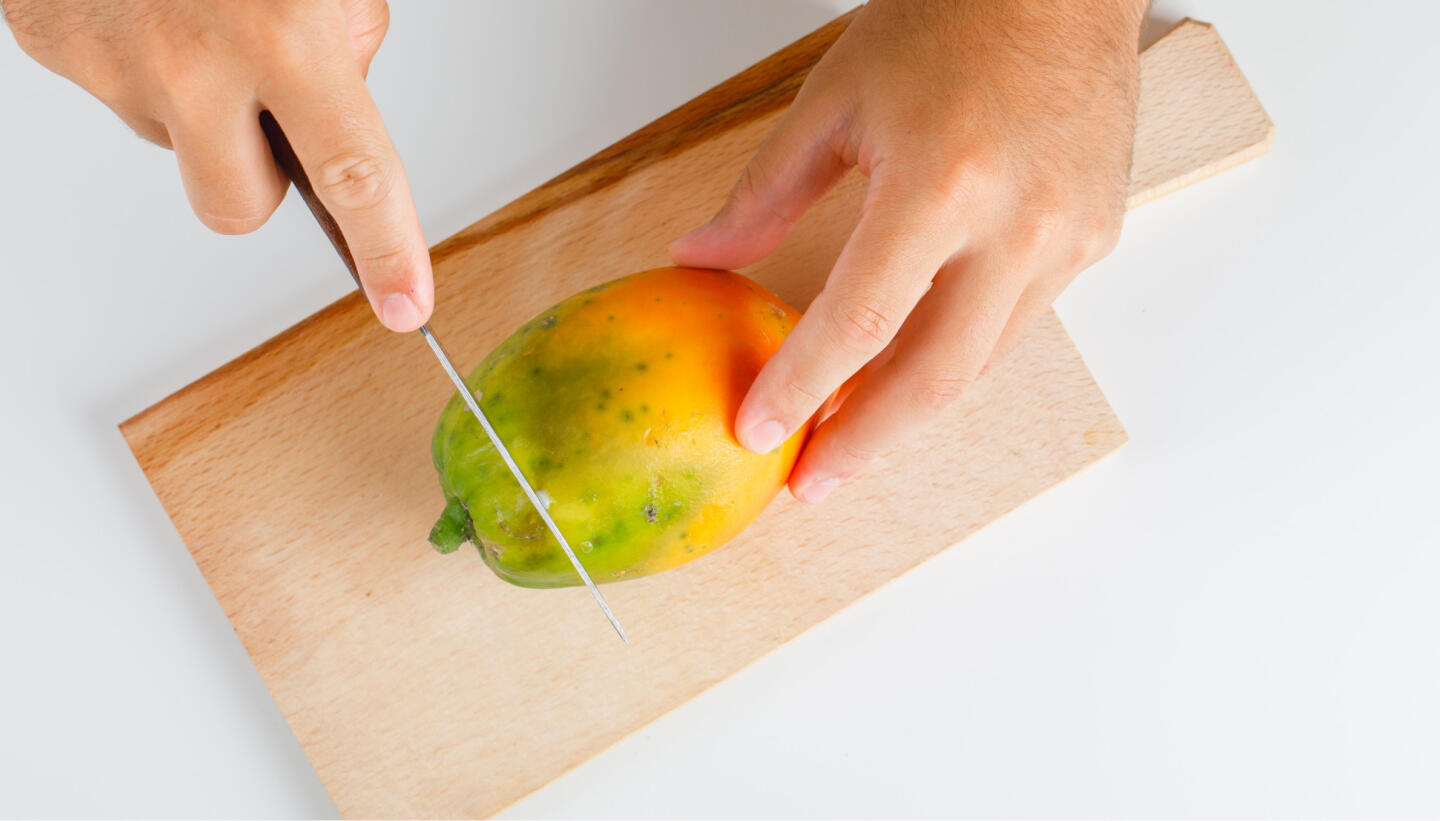About
Latest Posts
What Can Fruits Do That Vegetables Can’t?

One of my most cherished childhood memories is growing up in a lush village in Kerala, where we were surrounded by an abundance of fruits. In those days, buying fruits from a shop was unheard of. Our land was rich with mangoes, jackfruits, guavas, sapotas, and many other tropical delights.
The mango season would kick off as early as January. As kids, we’d eagerly roam around the orchards, using stones to bring down ripe mangoes and savoring their sweetness with glee. Once the mangoes were done, we’d keep an eye out for bats feasting on the sapotas. We’d alert our families, as sapotas are best harvested unripe and ripened at home. The cycle continued with jackfruits, where we’d inform the elders about squirrels making holes in the ripe fruit.
Jackfruit season often extended into Kerala’s monsoon, but we knew to avoid eating them after the rains, as they lost their flavor. By then, it was guava season—our favorite, especially since the trees were easy to climb. As the guava season came to an end, the new year would bring the return of mangoes. Along with these seasonal fruits, Kerala offered year-round treats like bananas, tender coconuts, and papayas. Truly, Kerala was a fruit paradise.

A Shift In Perspective
As I grew up and became a biohacking evangelist, my perspective on fruits changed. While they are delicious and packed with nutrients, fruits are also high in sugar. Overconsumption can be problematic, particularly for individuals managing diabetes or obesity. This caution is highlighted in my biohacking bestseller, The Making of a Superhuman.
At Vieroots, we address this issue with our health-tech solutions like EPLIMO, 'Optimize My Sugar,' and 'Optimize My Weight.' We start by conducting a genetic test to assess your risk for conditions like diabetes and obesity. If your genetic profile indicates no such risks, we recommend including fruits in your diet. However, for those at risk, we suggest focusing on vegetables instead.
he risk of falls on slippery surfaces.

Surprising Discoveries
As a child, I wasn’t fond of vegetables. However, as an adult aiming to prevent diabetes and manage my weight, I turned to a vegetable-rich diet while keeping fruit intake low. Recently, I came across an intriguing study from Singapore that revealed a surprising benefit of fruit consumption. The study found that high fruit intake over the years—without a corresponding increase in vegetable consumption—was associated with a lower risk of depression, even decades later.
This finding was particularly interesting to me, as I’ve never struggled with depression. It made me wonder if my childhood fruit indulgence played a role in my mental well-being. I’ve requested my health-tech team to incorporate these insights into our Human Performance Optimization (HPO) program, ‘Optimize My Brain.’ This program detects genetic risks for various conditions, including depression, and offers biohacks to help mitigate these risks

The Takeaway
While fruits are a delightful part of any diet, they come with considerations, especially for those at risk of certain health conditions. The key is balance and personalization. At Vieroots, we use genetic testing to tailor dietary recommendations to individual needs, ensuring you get the benefits of fruits and vegetables while managing potential risks effectively.
For more information on our HPO programs and how they can support your health journey, visit vieroots.com.
Spread the Word




Title

